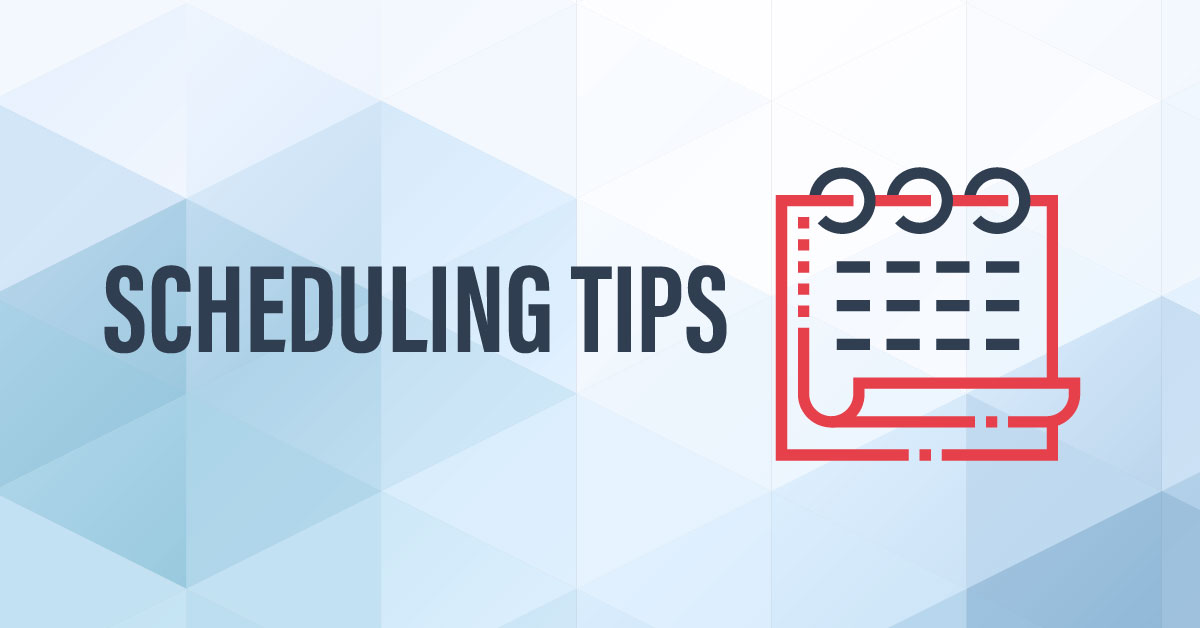Contact Us : 800.874.5346 International: +1 352.375.0772

Your CPA Exam schedule needs to take into account that you are more than just a CPA candidate. Whether it’s work, school, or your personal life, you have other commitments competing for your attention. Having a solid plan (and maybe a backup) can be the difference that helps you meet your goals.
THE GLEIM SOLUTION
With the Gleim Review System, we guarantee you always have updated materials, and your Personal Counselor is always available to discuss exam changes with you to help you decide.
It doesn’t matter whether you are a current student, recent graduate, or seasoned accountant, the best way to begin building your study plan is to estimate how much time you will need to learn the material.
Start by asking yourself these questions:
On average, we find that candidates need to spend 150-160 hours studying for each CPA Exam section when using a review course. This number can go up or down depending on your needs. If you are unsure, it’s better to overestimate the time you need, as this will help keep you on track when faced with unexpected setbacks.
Personal and career commitments (weddings, work conferences, birthdays, etc.) will affect your study plan and how long it will take you to become a CPA. If you know these dates ahead of time, you’ll be able to plan around them.
It is important to also plan for unexpected problems, such as illness or extra projects at work. The easiest method is to build a buffer into your available study time.
For example, if you think you can realistically study for 4 hours every Monday, plan to study for 3, and use that “3 hours every Monday” when you’re projecting your test date. You can use the extra hour you have available to make up for lost time or even to get ahead! That way, when something does come up, you’re still on track.
Whether you use a physical or digital calendar, an app, or a feature of your Review Course, look at the next couple of months and plan your studies. Use this calendar to track your progress and help you decide if you need to adjust your study plan.
THE GLEIM SOLUTION
With the Gleim interactive study planner, candidates set goal exam dates, approximate how many hours they will study, and even mark off days when they can’t study. The Gleim Study Planner will then automatically calculate milestones for candidates to reach in the adaptive Review System. Try our demo and see how easy it is to organize your studies!
Passing the CPA Exam in 6 months
Students, recent graduates, and people with plenty of time to study should aim to sit for and pass 4 sections of the CPA Exam in about 6 months. This would have you taking an exam every 6-7 weeks and studying about 22-26 hours each week. With continuous testing happening in most states, your ability to test more frequently will definitely help. Also, keep exam score release dates in mind, but don’t wait until you know your results for one exam before studying for the next!
Passing the CPA Exam in 1 year
Candidates with demanding schedules will want to focus on passing each exam section within one year. Since you have to pass four sections, you will want to sit for an exam every 2-3 months (about one per calendar quarter), and plan on setting aside 13-15 hours each week to study.
Once you have your study plan set, be sure to let the people around you know. If you will be studying during your lunch hour, tell your boss and coworkers so they are aware of your study times. If you study after dinner, make sure your family is aware so they can try to be quiet.
It might take a few reminders as everyone adjusts to your new schedule, but it can help to share with them why you are making this sacrifice. Remember to ask for help with things when you need it so you can study more effectively. Give your children a few extra chores around the house, ask your roommate or spouse to cook dinner an extra night a week, or delegate some work to a coworker who is available to help.
If no one else in your life understands what it means to study and sit for the CPA Exam, seek out other candidates, past or present, or other exam mentors like our Personal Counselors. You’re not alone, and having someone to share the experience with can help you stay motivated!
Looking for more tips? Check out our full list!
Already studying? We have tips to maximize your studying!